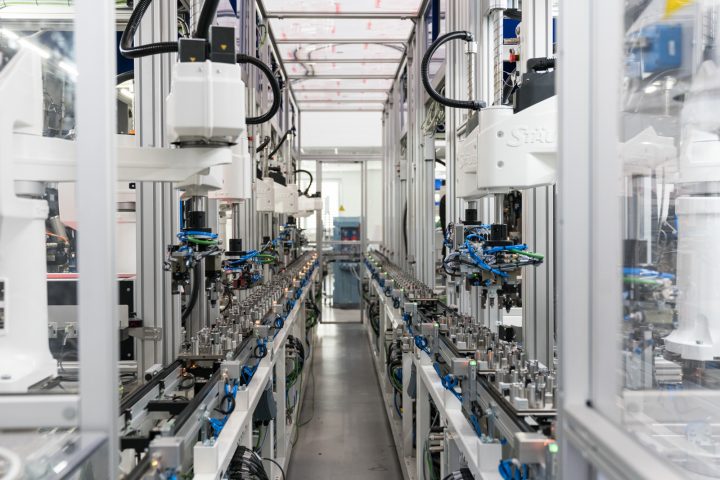Evolved quality control systems are characterized by hundreds of variables the correlations among which are fundamental information to fully understand process behavior and to spot anomalies not emerging from the single measurement or system.
Through data mining and machine learning techniques we develop data-driven models of the normal behavior of the system that allow to detect process variations or degradations and to predict future defects.
Thanks to Artifical Intelligence techniques, the developed systems are able to make decisions based on the data acquired from the different sensors allowing a fully automatized quality control system and more adaptive systems.
innovation areas
AI is the intelligence exhibited by machines, with machines mimicking functions typically associated with human cognition. From this perspective, AI enables robots to learn how to grab and manipulate objects without knowing anything about shape, dimensions and position giving robustness and flexibility. Cognitive Grasping is an AI-based industrial solution able to compute the best grasping, based on a concept developed by Berkeley University. Starting from a 3D image, the system is able to detect the best grasping point according to the specific gripper typology (e.g. two fingers, vacuum, …) and independently from environmental conditions.

Nowadays, different robots are integrated into the production lines depending on the task to be performed, and each robot has its own specific programming language. An innovative universal middleware that aims to be a unique standard for real-time (and not) robot programming and that guarantees a high-level and abstract description of the process and safety certifications has been developed, called Open Robot Interface (ORI).

